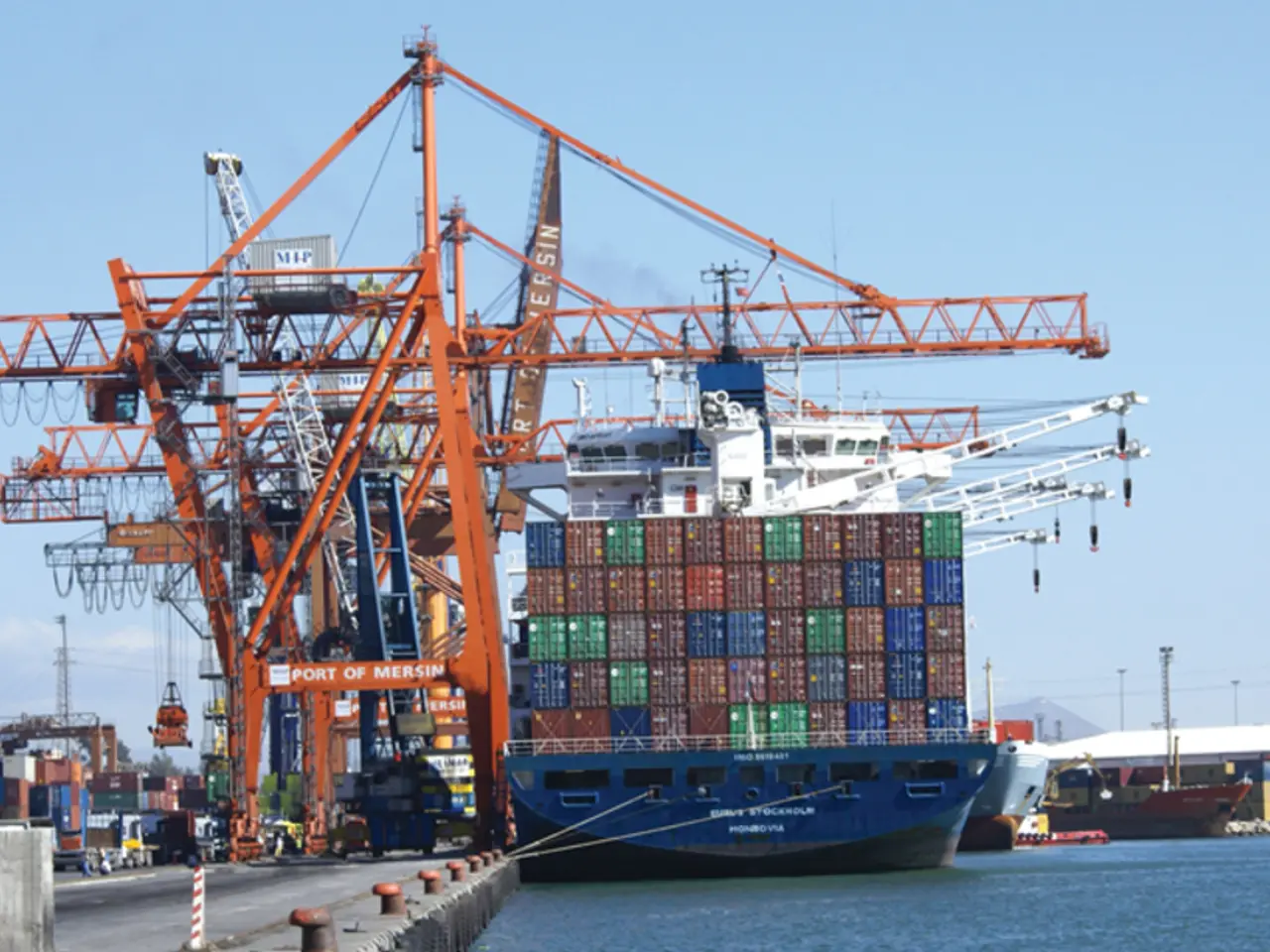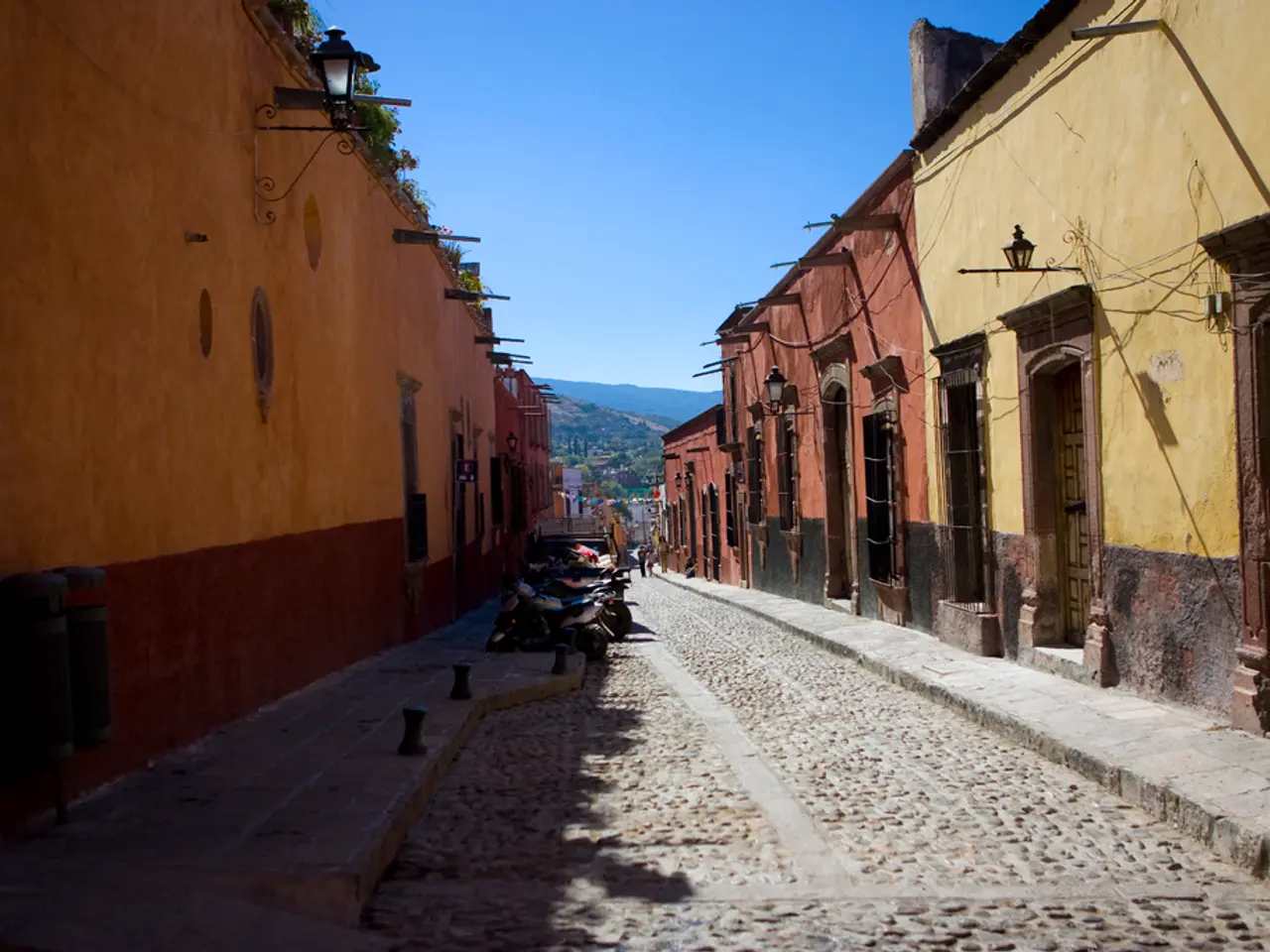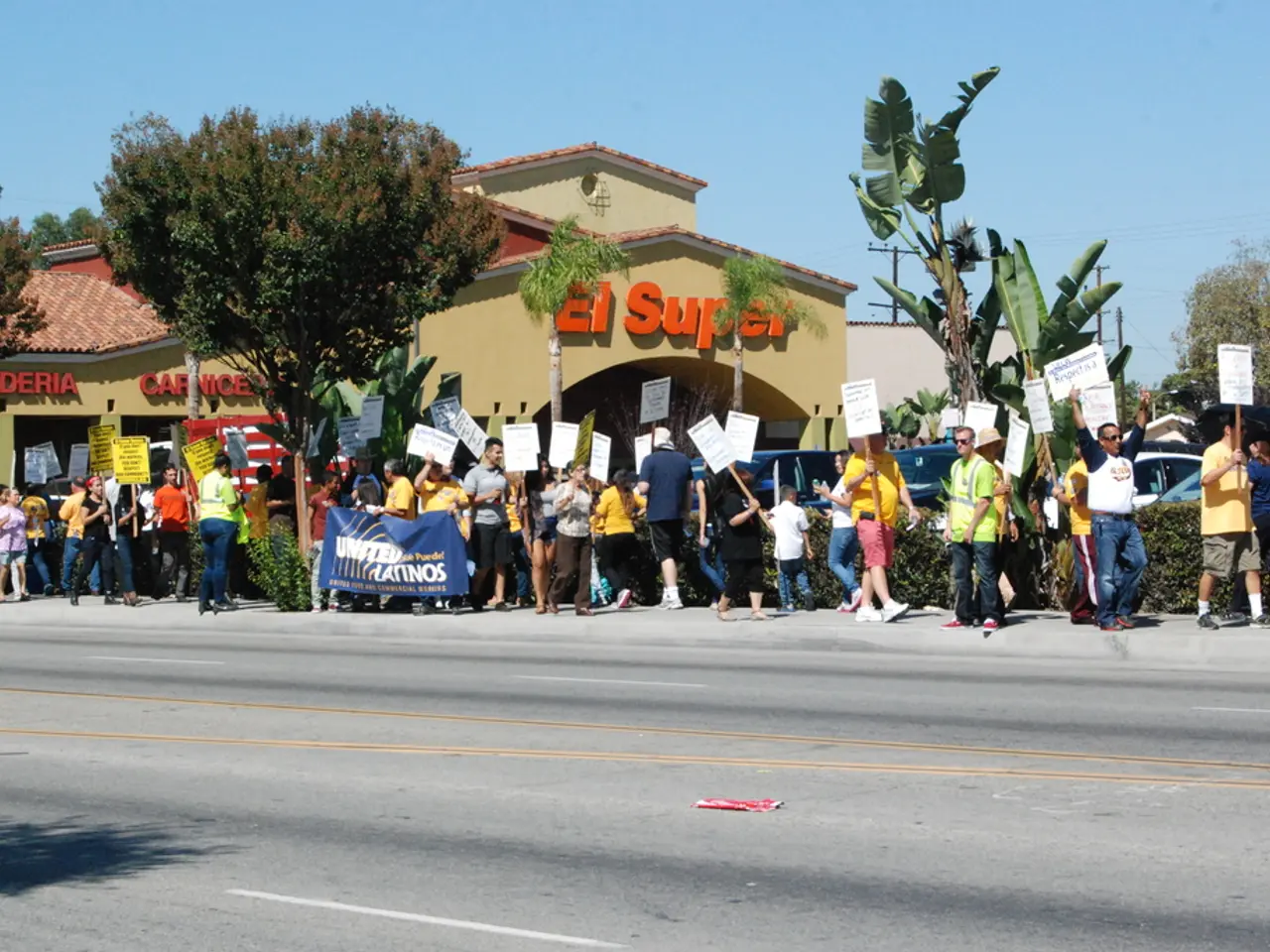Crisis Alert - Preserving International Commerce: Trump Needs to Disentangle Global Trade from China's Stranglehold
In a significant development, a U.S.-led consortium, spearheaded by BlackRock, is currently in negotiations to acquire the port operations of Hong Kong-based CK Hutchison Holdings in Panama. The key global ports of Cristóbal and Balboa, which flank the Panama Canal, are at the heart of this proposed deal [1].
CK Hutchison has suggested the possible inclusion of a major strategic Chinese investor in this consortium, a move aimed at facilitating regulatory approvals [1]. However, this deal faces multiple challenges and opposition. Panama's comptroller general has requested a Supreme Court review of a 2021 contract extension granted to CK Hutchison’s local port operations, seeking to declare it unconstitutional and null, which could complicate or delay the sale process [3].
The geopolitical context of this deal is intricate. The U.S. government, particularly under administrations critical of China’s regional influence, has expressed support for BlackRock’s acquisition, reflecting broader dynamics concerning control over critical infrastructure in the Panama Canal region [1][2].
The deal, valued at over $23 billion, involves 43 of the world’s most important shipping ports, including two that straddle the Panama Canal [4]. BlackRock and Mediterranean Shipping Corp. (MSC) are partners in the deal, with BlackRock retaining 20% ownership of the remaining facilities and MSC controlling 70% [2].
However, ongoing tensions and attempts to influence or block the transaction, including from Chinese interests, could impact the progress and terms of the deal [1]. China, while concerned about losing influence over Panama’s port operations, may see CK Hutchison’s openness to adding a Chinese investor as a strategic move to mitigate opposition and gain regulatory clearance [1].
It's worth noting that a Chinese state-owned company produces more than 70% of the world's ship-to-shore cranes, including 80% of the cranes used in America [5]. Adding state-owned COSCO to the ports deal could give the Chinese Communist Party the power to veto any attempts to replace Huawei towers, LOGINK systems, Chinese cranes, or other tools that may already be spying on behalf of the state [6].
In Europe, Hutchison controls 13 ports that act as a key entry point for Chinese goods into the European Union [7]. If the deal falls through or is altered to add COSCO to the ownership group, China could tighten its grip on the global shipping system.
The seller of these ports is C.K. Hutchison, a major Hong Kong operator that is one of China's "big three" port giants [8]. The deal includes a port inside the Malacca Strait, the only direct maritime pathway between the Indian and Pacific Oceans [4]. Singapore's Sovereign Wealth Fund owns the remaining percentage of the deal.
This deal remains in active negotiations with regulatory and legal hurdles, as well as geopolitical opposition, particularly from China, influencing its progress and terms [1][3].
References:
- The Wall Street Journal
- Bloomberg
- Reuters
- The Diplomat
- The Maritime Executive
- The Epoch Times
- American Enterprise Institute
- South China Morning Post
The potential inclusion of a major strategic Chinese investor in the U.S.-led consortium acquiring the port operations of Hong Kong-based CK Hutchison Holdings is aimed at facilitating regulatory approvals, as the geopolitical context of this deal is intricate, with the U.S. government expressing support but ongoing tensions and opposition, particularly from China, potentially impacting the progress and terms.
The deal, if altered to add COSCO to the ownership group, could give China the power to veto any attempts to replace certain technologies or equipment, such as Huawei towers, LOGINK systems, Chinese cranes, or other tools that may already be spying on behalf of the state, potentially tightening China's grip on the global shipping system.








